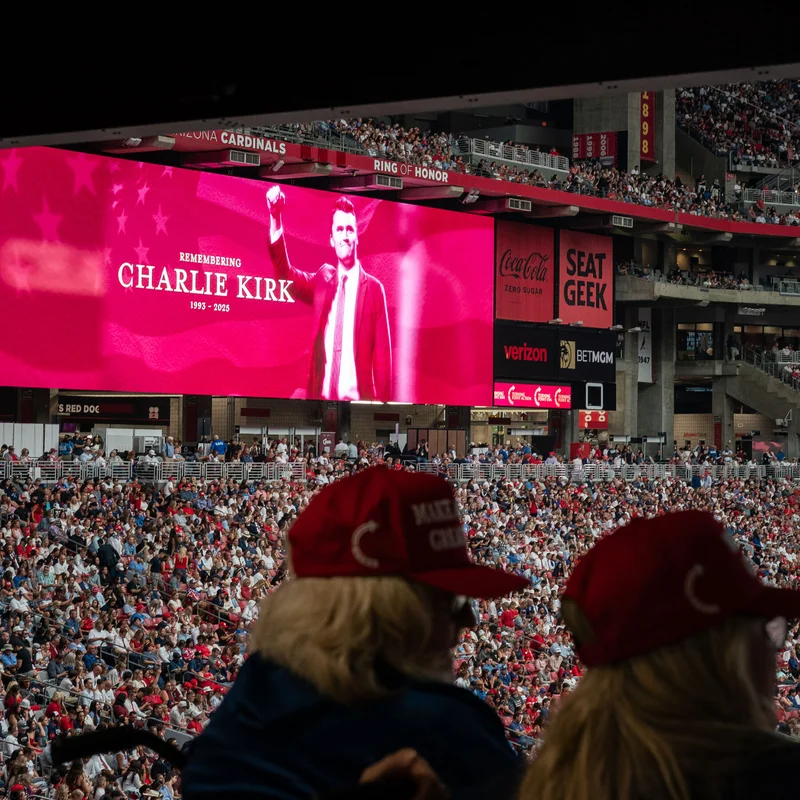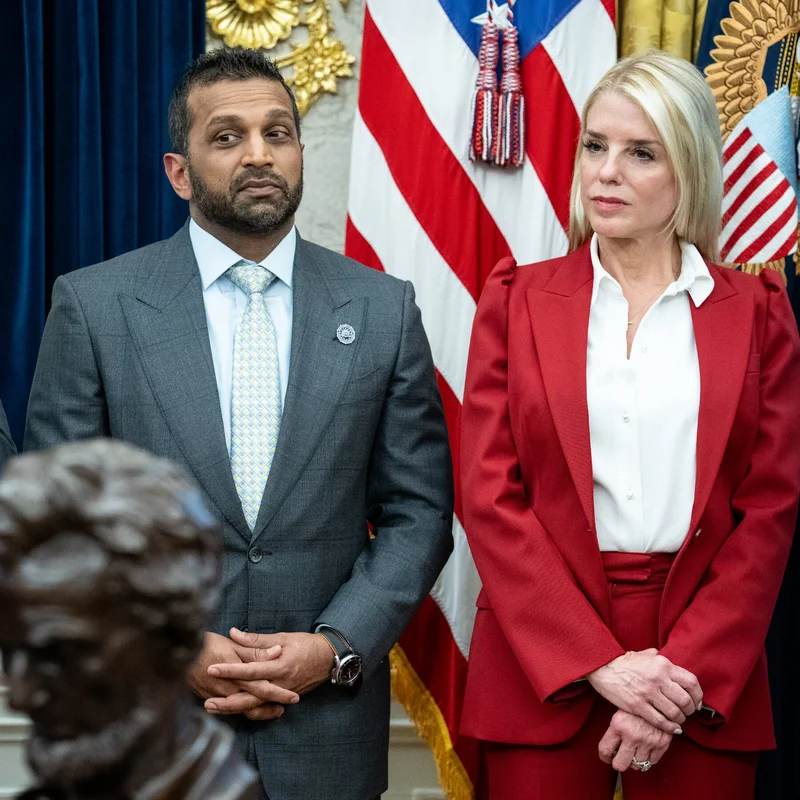Table of Contents
- Shutdown Reality Hits Paychecks
- Major Banks Offering Payment Relief
- Mortgage, Auto & Credit Card Options
- Student Loan and Phone Bill Help
- Credit Unions Step Up With No-Interest Loans
- Can You Get Unemployment?
- How to Protect Your Credit Score
- Sources
Shutdown Reality Hits Paychecks
As the federal government shutdown drags into its fourth week, hundreds of thousands of federal employees are staring down bills without a paycheck. For many, their last direct deposit was already short—and the next one may not come at all.
But help is available. Across the financial sector, banks, credit unions, and service providers are rolling out emergency assistance specifically for federal workers. From waived fees to no-interest loans, here’s what’s on the table—and how to access it.
Major Banks Offering Payment Relief
Big banks are stepping in with targeted relief for federal employees who use direct deposit:
- JPMorgan Chase: Automatically refunding overdraft and service fees for federal direct deposit customers.
- Bank of America: Offering deferred payments on mortgages, auto loans, and credit cards—no late fees, no credit reporting penalties.
- Citigroup & Capital One: Waiving late fees and allowing one-month payment deferrals on credit cards and auto loans (interest still accrues).
Important: You usually need to call or log in to request help—don’t assume it’s automatic unless you’re with Chase.
Mortgage, Auto & Credit Card Options
For homeowners, major lenders like U.S. Bank, Pennymac, and Fannie Mae-serviced loans offer up to three months of mortgage forbearance. Interest continues to accrue, but your credit won’t be harmed.
On auto loans, Bank of America and Capital One allow one-month deferrals with no penalties. For credit cards, most major issuers let you skip one minimum payment without being marked late.
Student Loan and Phone Bill Help
Federal student loan borrowers can request forbearance
For phone bills:
- Verizon: Offers payment deferral if requested before the due date.
- AT&T: Allows payment extensions beyond the due date.
- T-Mobile: Confirmed it’s supporting affected customers but hasn’t published specific terms.
Credit Unions Step Up With No-Interest Loans
While big banks offer deferrals, many credit unions are going further—issuing emergency no-interest loans:
- USAA: Up to $6,000 (one net paycheck), 0% interest, repayable in 3 months.
- Navy Federal, PenFed, Congressional FCU: Similar short-term, low- or no-interest loan programs.
- Maryland Department of Labor: Offering $700 no-interest loans to state-based federal workers, repayable within 45 days after shutdown ends.
Eligibility often requires proof of federal employment and direct deposit history.
Can You Get Unemployment?
Yes—if you’re furloughed. Furloughed federal workers can apply for Unemployment Compensation for Federal Employees (UCFE) through their state. Federal contractors should apply for regular unemployment.
However, if you’re “excepted” (required to work without pay), you’re not eligible. And remember: if you receive back pay later, you’ll likely need to repay unemployment benefits.
How to Protect Your Credit Score
The best move? Contact lenders before missing a payment. Enrolling in forbearance or deferral shields your credit from late marks.
You can also add a 100-word “consumer statement” to your credit report via AnnualCreditReport.com explaining your situation—visible to future lenders.
Finally, pull your free credit reports now to establish a baseline in case issues arise later.




